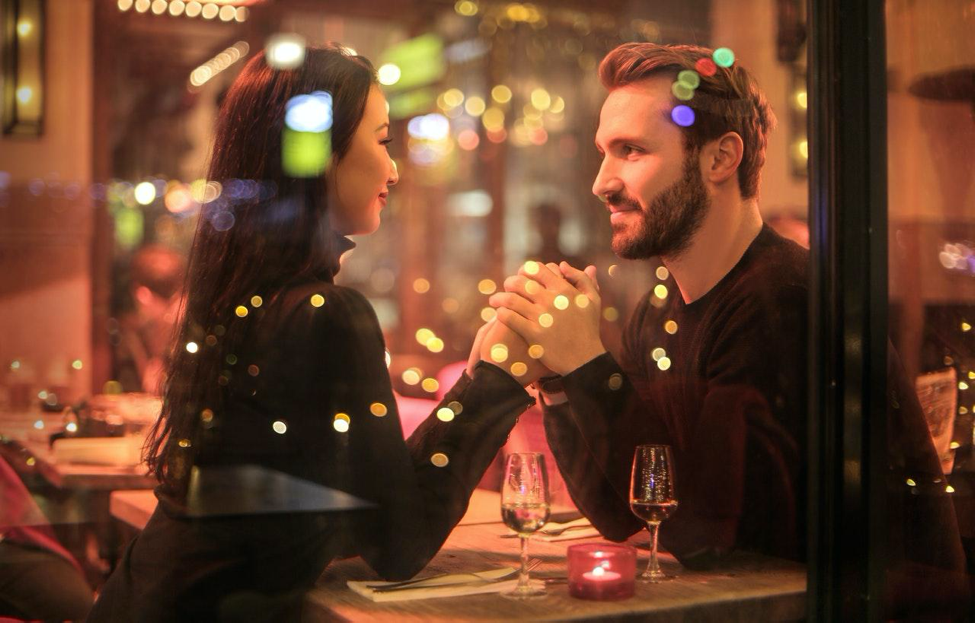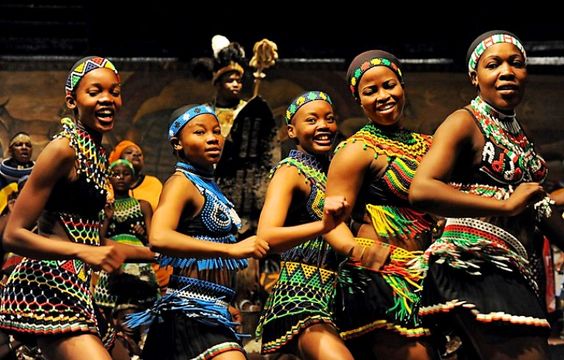Expressing Love in Different Cultures
Love, a universal emotion, finds its expression in myriad ways across the globe. While the feelings of affection, care, and passion are common to all humans, the methods of expressing these emotions vary significantly between cultures.
This article delves into the fascinating world of love expressions in different cultures, highlighting the unique rituals, traditions, and practices that define romantic relationships worldwide.
Western Cultures: Embracing Individualism and Public Displays of Affection

United States
In the United States, love is often expressed openly and passionately. Public displays of affection (PDA) such as holding hands, hugging, and kissing are common and socially acceptable.
Valentine's Day, celebrated on February 14th, is a significant occasion where couples exchange gifts, flowers, and cards to profess their love.
Romantic dinners, surprise getaways, and elaborate proposals are typical expressions of love, reflecting the culture's emphasis on individualism and personal freedom.
Europe
In many European countries, expressions of love blend traditional customs with modern influences. For instance, in France, known as the "land of love," romance is deeply embedded in the culture. The French are known for their subtle and sophisticated expressions of love, including writing love letters and sharing intimate dinners. In Italy, romance is celebrated with grand gestures, such as serenading loved ones or presenting them with symbolic gifts like flowers and jewelry.
Asian Cultures: Balancing Tradition and Modernity
 Japan
Japan
In Japan, love and affection are often expressed in more reserved and indirect ways compared to Western cultures. The concept of "kokuhaku," or love confession, is a formal way for individuals to declare their feelings, typically involving a direct and honest admission of love.
Valentine's Day in Japan has a unique twist: women give chocolates to men, with "giri-choco" (obligation chocolates) for friends and colleagues and "honmei-choco" (true feelings chocolates) for romantic interests. A month later, on White Day, men reciprocate with gifts to those who gave them chocolates.
India
India's diverse culture influences its expressions of love, blending ancient traditions with contemporary practices. Arranged marriages are still prevalent, with families playing a significant role in selecting partners. However, romantic love is celebrated through Bollywood films, love songs, and poetry. Festivals like Karva Chauth, where wives fast for the longevity of their husbands, and Valentine's Day, increasingly popular among the youth, highlight the evolving nature of romantic expressions in India.
African Cultures: Community and Symbolism

Nigeria
In Nigeria, expressions of love often intertwine with cultural customs and community involvement. Traditional weddings are grand events, with elaborate ceremonies that include the exchange of gifts and dowries.
Courtship practices may involve indirect communication through family intermediaries, emphasizing respect and community approval. Modern influences are also evident, with urban couples celebrating Valentine's Day and exchanging romantic messages through social media.
South Africa
South African expressions of love are diverse, reflecting the country's multicultural society. Among the Zulu, love and courtship are marked by traditional rituals such as "lobola," a bride price negotiation. In contrast, urban areas see more Westernized practices, with couples openly expressing affection through dates, gifts, and public displays of affection. The blend of tradition and modernity creates a unique landscape for romantic expressions in South Africa.
Latin American Cultures: Passionate and Vibrant
Mexico
In Mexico, love is expressed with passion and intensity. Romantic relationships are celebrated with lively festivities, music, and dance. Serenading, known as "serenata," is a popular tradition where suitors sing to their beloved outside their windows, often accompanied by a mariachi band.
Valentine's Day, or "Día del Amor y la Amistad," is widely celebrated with couples exchanging gifts, flowers, and heartfelt messages.
Brazil
Brazilian culture exudes warmth and affection, and this is reflected in their expressions of love. Physical touch, such as hugging and kissing, is common and accepted in public.
Carnival, the vibrant festival known for its exuberant parades and parties, also serves as a backdrop for romantic encounters. Valentine's Day, celebrated on June 12th as "Dia dos Namorados," involves couples exchanging gifts, flowers, and planning romantic outings.
Conclusion
Love, in all its forms, transcends cultural boundaries, yet the ways in which it is expressed vary beautifully across the globe. From the reserved and indirect expressions in Japan to the passionate and vibrant displays in Brazil, each culture offers a unique perspective on romantic relationships.
Understanding these cultural nuances enriches our appreciation of love's universal power and the diverse ways it brings people together. As we navigate a globalized world, these cultural expressions of love remind us of the beauty of diversity and the shared human experience of affection and connection.
















![[LIVE] Engage2Earn: McEwen boost for Rob Mitchell](https://cdn.bulbapp.io/frontend/images/c798d46f-d3b8-4a66-bf48-7e1ef50b4338/1)






















































